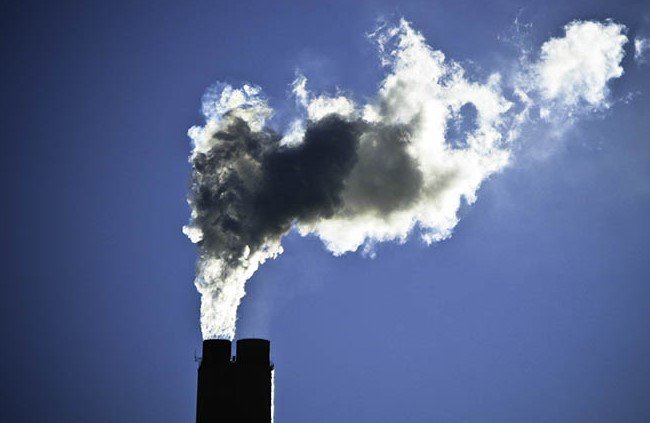The UNDP’s recent findings shed light on Georgia’s emissions, with the energy sector contributing a staggering 65.78%, leading the country’s environmental challenges. Immediate action is necessary to address the crisis.
Energy Sector Dominates Emissions in Georgia
In a new report, the United Nations Development Programme (UNDP) has outlined Georgia’s most significant contributors to greenhouse gas emissions. The study, which was developed in partnership with the Greenhouse Gas Emissions and Absorption Inventory, shows a clear dominance of the energy sector, responsible for over 65% of the country’s emissions.
The energy sector’s role in emissions is largely driven by heavy reliance on fossil fuels. Despite the country’s growing efforts in other areas, it remains the top challenge for the nation’s environmental future. The high energy consumption from industries, homes, and transportation plays a crucial part in this statistic.
This alarming finding suggests that without significant intervention in how energy is produced and consumed, Georgia will continue to face severe environmental consequences.

Other Key Sectors Contributing to Georgia’s Emissions
The report highlights three other major sectors that contribute to the nation’s greenhouse gas emissions, although their impact is considerably smaller compared to the energy sector.
The industry and product use sector is responsible for 12.79% of emissions, with a concerning trend: emissions from this area have nearly quadrupled since 1990. This sharp increase points to the industrial expansion over recent decades, but it also indicates a lack of adequate environmental safeguards in place.
Agriculture, contributing 11.50% of emissions, has remained relatively stable over the years. This sector’s emissions stem from practices such as livestock farming and the use of synthetic fertilizers, which are commonplace in Georgia’s agricultural economy.
The waste sector, though the smallest contributor at 9.93%, is rapidly increasing. As urbanization progresses and waste management challenges grow, this sector’s role in emissions is expected to rise further unless effective solutions are implemented.
The Call for Immediate Climate Action
The partnership behind this report has emphasized the urgent need for climate action, particularly within Georgia’s energy sector. Given that fossil fuel consumption is the primary driver of emissions, transitioning to cleaner energy sources is critical.
Local government agencies, including the Ministry of Environment and Agriculture of Georgia, are already looking into potential strategies for reducing emissions. However, the path forward is complex and will require the commitment of both public and private sectors, as well as international support.
The Greenhouse Gas Emissions and Absorption Inventory’s findings also point out the need for broader infrastructure investments, cleaner technologies, and regulatory frameworks that can help mitigate the harmful effects of emissions.
Georgia’s struggle with greenhouse gases is not just a domestic issue. As the world faces growing challenges due to climate change, countries like Georgia must take responsibility for their emissions and work toward a sustainable future. Failure to act could mean enduring environmental and economic consequences for years to come.
